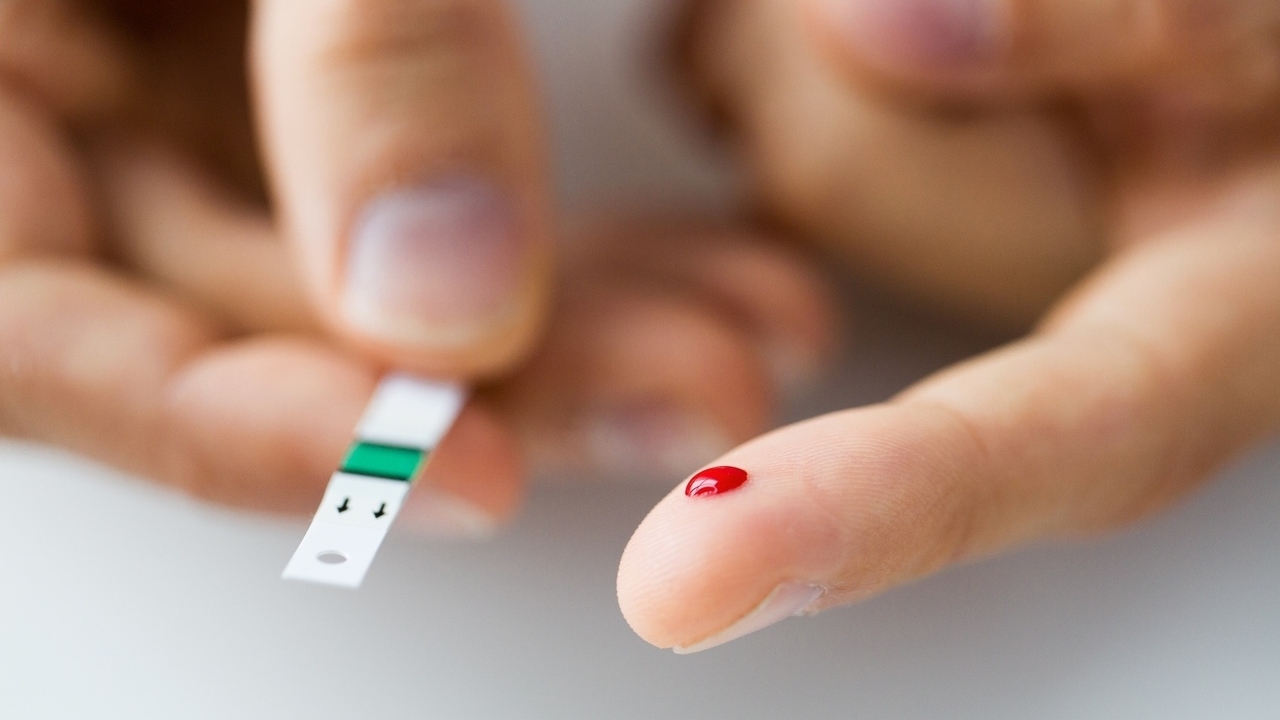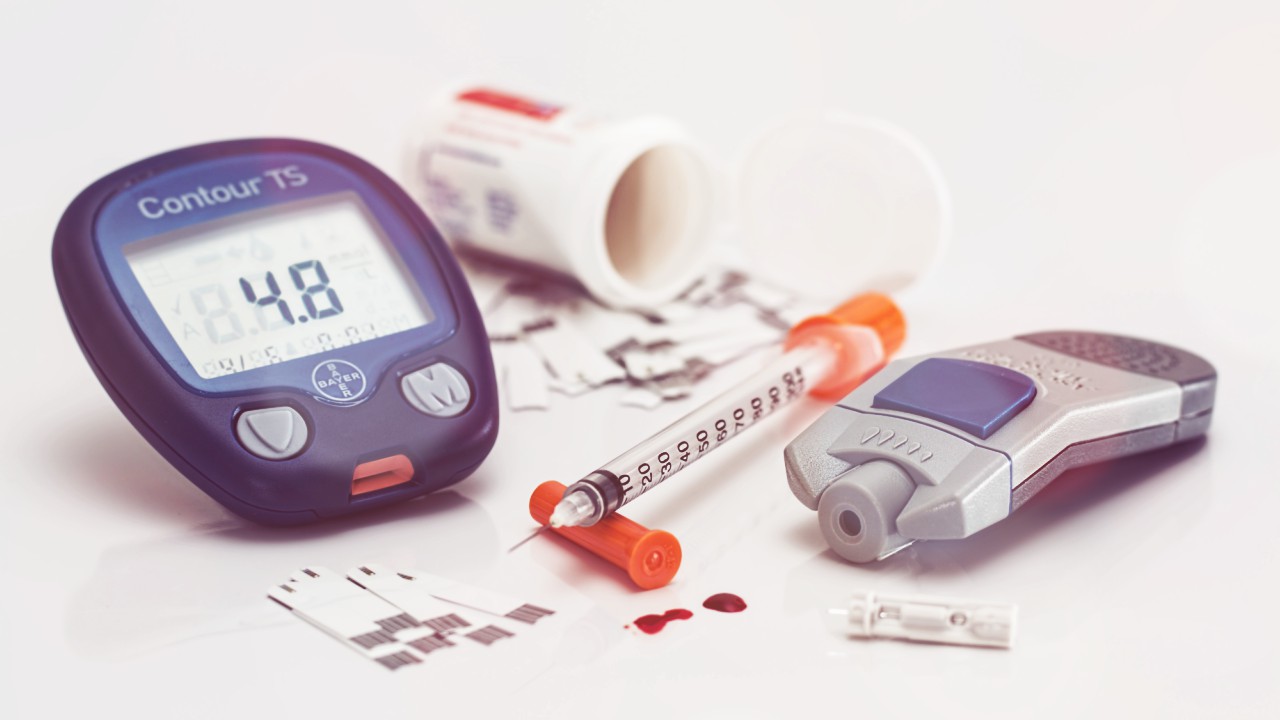 PS Productions/PhotoSpin
PS Productions/PhotoSpin
Over the weekend, I was reflecting on the diseases that caused my grandparents' and parents' deaths. I am primarily concerned about diabetes and heart disease. Three out of four of my grandparents suffered from diabetes and died from strokes or a heart attack.
In the middle of my brainstorm for this week's column, I suffered a mini-hot flash which took me by surprise. I wondered how my grandmothers handled menopause and diabetes.
Did they do anything different? Were they susceptible to other infections, and if so, what were they? And, how does the fluctuation of hormones affect a diabetic?
From the age of 40 through the late 50s, a woman will go through menopause where the body produces less estrogen and progesterone. According to endocrinologist.com, "with less progesterone, you may have greater insulin sensitivity, but with less estrogen can also come increased insulin resistance."
The bottom line is that hormone changes can worsen diabetes.
For example, lowered estrogen levels increase the risks of cardiovascular disease, which is already higher for people who have diabetes and osteoporosis. Also, some women may become less active during this time and gain weight which affects blood glucose levels.
Many women going through menopause suffer from hot flashes and their hot flashes can cause sleep irregularity. In turn, sleep irregularity can cause blood glucose problems.
For weight issues, the main thing is to get blood glucose levels under control. The best way to combat against high levels is to eat a low-fat diet and increase activity levels.
Yeast infections are another possible side effect for menopausal women with diabetes. The risk increases because lower estrogen levels and high glucose levels allow yeast and bacteria to grow easier.
To combat against yeast infections, the following are suggested:
• Keep your blood glucose levels under control.
• Bathe regularly to keep the vaginal area clean.
• Eat low-fat yogurt that contains active cultures.
• Discuss hormone replacement therapy with your doctor.
Another potential problem is possible nerve damage to the vagina. It has been reported that diabetics can suffer nerve damage to the vaginal lining. This issue, compounded with vaginal dryness, may make sex painful or uncomfortable.
For vaginal dryness, you can purchase an over-the counter lubricant. If you have continued issues, contact your health care professional.
Sources:
"Diabetes & Menopause." Radioactive Iodine. Web. 13 Jan. 2014.
http://endocrinologist.com/diabetes-menopause.htm
"Diabetes & Menopause Symptoms." LIVESTRONG.COM. Web. 13 Jan. 2014.
http://www.livestrong.com/article/185728-diabetes-menopause-symptoms
Reviewed January 13, 2014
by Michele Blacksberg RN
Edited by Jody Smith




Add a Comment1 Comments
Having been a type 2 diabetic for 26 years and also been menopausal for 3 years, I can agree that the two do exaserbate each other and some of the common symptoms of each are very similar, e.g. sweats, muscle spasm and pain, light headedness and mood swings. I know from what my consultant physicians have told me, that diabetes affects every organ in the body causing greater 'wear and tear', hence promoting heart attack and stroke. It also has a huge affect on hormone producing glands (the endocrine system), especially after menopause begins. Through my experiences I would advise all diabetics type 1 or 2, to be regularly screened by their doctors for thyroid problems especially, but also for organ function (liver, kidney, heart, etc) and for hormonal abnormalities of any kind, on at least a 6 monthly basis or even more often when moving through menopause. It is essential for diabetics who are menopausal to keep their glucose levels balanced, as from this time the disease is much more likely to cause deep irreversible problems such as neuropathy. Stay healthy 'Sugar Babes'!
July 7, 2014 - 5:57amThis Comment